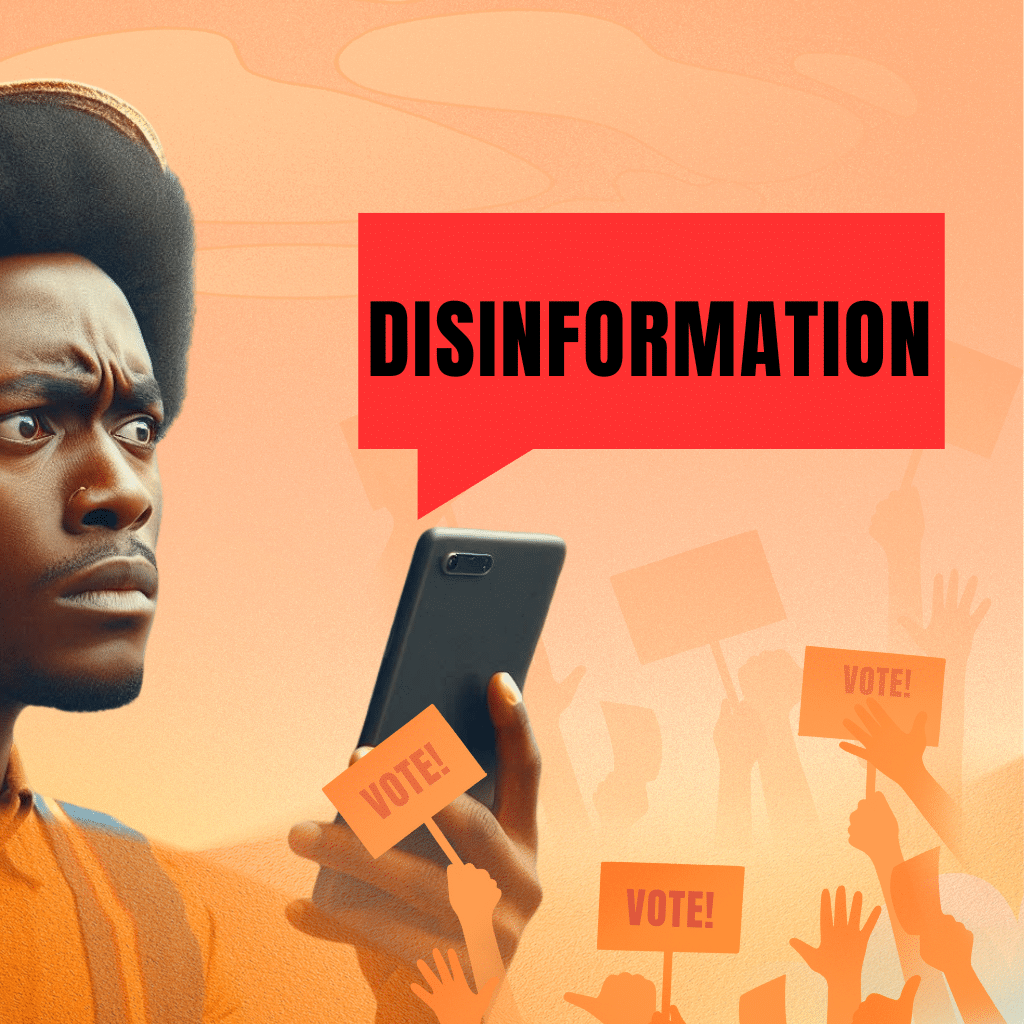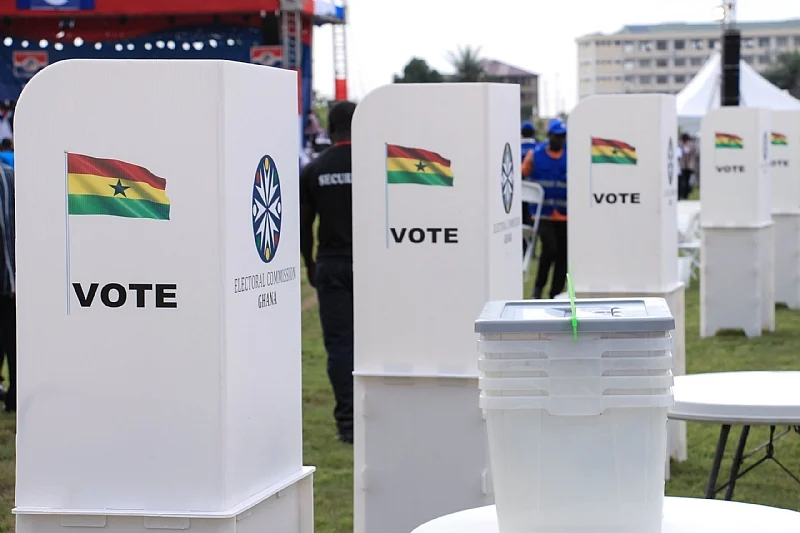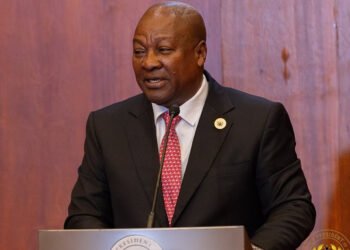A study by the African Center for Quality Journalism and Research revealed that approximately 94.7% of Ghanaian voters are familiar with the concept of “fake news,” while 3% are unaware and 2.3% are uncertain.
The study also found that 89.2% of respondents have encountered fake news in the media, 6.2% have not, and 4.6% were unsure.
According to the Center, when asked how they respond to fake news, 64.4% of respondents stated they ignore it, 35.6% comment on it, 19.7% report it, and 7.6% share it with friends.
“Also, about 94.7% of respondents said they know what fake news is, 3% said they do not, and 2.3% were uncertain. Of the number, about 89.2% said they had encountered it in the media, 6.2% said they had not, and 4.6% of respondents were uncertain.
“Similarly, about 84.7 of respondents say they can detect fake news in the media, 5.3% said they could not, and 9.9% answered ‘maybe’ to the question. When asked how they could identify fake news in the media, about 68.2% of respondents said they visit ‘credible websites’. Also, about 19.7% said they conducted a “Google search,” 6.8% said they “asked a friend,” and 5.3% said they did nothing”.
African Center for Quality Journalism and Research

The Center also revealed that 34.1% of respondents admitted to sharing news stories that they later discovered were fake, while 46.2% had not, and 19.7% were unsure.
Regarding the potential impact of fake news on voting behavior in Ghana’s 2024 General Election, 55.3% of respondents believed it could influence their choice of candidate, 39.4% disagreed, and 5.3% were uncertain.
The study further found that 39.4% of respondents always verify news before sharing it, 25% often do so, and another 25% sometimes verify the information.
Additionally, 6.8% said they rarely verify news stories, while 3.8% never verify them before sharing.
When asked about their emotional response to encountering fake news, 39.4% of respondents reported feeling angry, 34.1% felt frustrated, and 26.5% were indifferent.
Education and Fact-Checking to Combat Fake News
Moreover, the African Center for Quality Journalism and Research found that 45% of respondents believe the most effective way to combat fake news is through “education and public awareness.”
Meanwhile, 32.8% suggested utilizing “fact-checking services,” 8.4% advocated for “stricter state regulations,” and 12.2% recommended enforcing “social media platform policies” to help reduce the spread of fake news or false information.
“Of the trusted sources for news or information, about 37.4% of respondents chose television, 26.7% said ‘online news websites’, 26% said social media, 6.1% said the newspaper, and 3.1% said ‘family and friends’. The study showed that radio is the least trusted source of information for the respondents, with 0.8% selecting it”.
African Center for Quality Journalism and Research

Accordingly, the Center recommended that the government collaborate with telecommunication companies, social media platform operators, and civil society organizations to launch public education campaigns across television, radio, and social media.
The Center noted that these campaigns would focus on raising awareness about disinformation, how to identify it, and its potential dangers, encouraging shared responsibility both online and offline.
“The media must work to earn back the public’s trust as a trusted source of information. This is particularly important because some media outlets have been used to communicate false information to the public”.
African Center for Quality Journalism and Research
The Center also urged the government to work with social media platform operators to remove disinformation posts and impose appropriate sanctions, while ensuring that free speech and expression are not restricted.
Additionally, independent fact-checking organizations in the country should make their reports more visible in the media and easily accessible to the public. “Also, media organizations should partner with independent fact-check organizations in the country to probe and verify claims made on their platforms”.
The Center emphasized that media outlets must prevent bad actors and “disinformants” from using their platforms to mislead the Ghanaian electorate on December 7, 2024.
It maintained that media outlets must resist the urge to broadcast field reports without verifying their authenticity, regardless of the source.






















